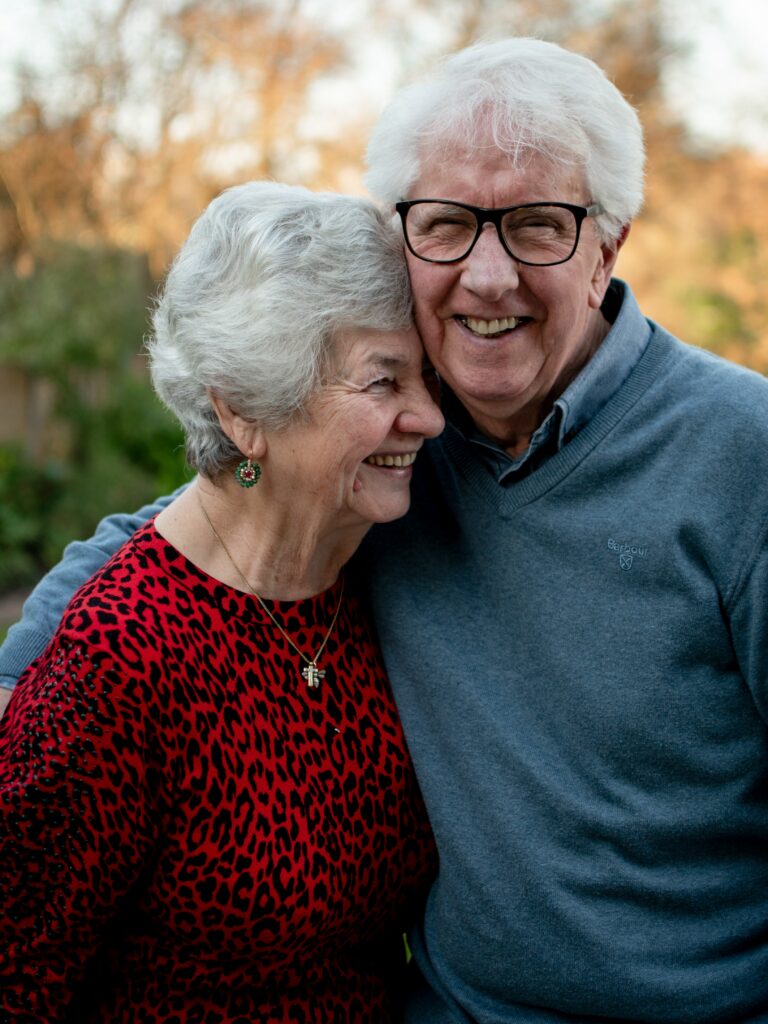What Does an Elder Law Attorney Do?

Estate Planning may not be something you necessarily WANT to think about, but it could protect your interests and wishes long after you are gone.
Don’t Delay Updating Your Estate Plan

Changes in tax law and in your personal life may mean that yours needs to be updated. Here are the easiest (and smartest) ways to do it.
How to Be an Effective Advocate for Elderly Parents

As family caregivers, we play many roles: scheduler, money manager, house cleaner, health aide, nurse, navigator, nurturer and more. Perhaps the most important role, though, is advocate, as we ensure the best life possible for our loved ones when they are vulnerable.
When Should I Start Discussing Cognitive Decline with My Parents?

Your elderly mother is getting forgetful and confused. What do you do now?
Don’t Delay Advance Directives

Some people think that, because their assets are jointly owned with a spouse or are in a trust, they do not need a Power of Attorney, or that if they become incapacitated, their spouse automatically has the authority to make medical decisions on their behalf.
It Is Important to Update Your Estate Plan

Will there be changes in your circumstances or your family that should lead to a review of your plan? Could some events cause you to need to revise or update the plan?
How Do I Store Advance Directives & Estate Planning Documents?

A common dilemma that families face upon the incapacity or death of a loved one is locating estate planning documents. While preparing the documents are the most important step, that is irrelevant if the documents are lost when they most need to be used.
Do All Powers of Attorney Grant the Same Decision-Making?

The law sometimes appears to contradict itself. Specifically, the words ‘anything and everything’ do not always legally mean ‘anything and everything’.
Dying Parent’s Financial Affairs Can Be Challenging

Dealing with a sick family member is a challenging and emotional time.
Can End-of-Life Planning Increase Control for Cancer Patients?

An end-of-life program that enables patients with advanced cancer to document their wishes can enhance feelings of life completion, improve relationships with healthcare providers and decrease death-related anxiety, according to a presentation at the 2021 Virtual Association of Community Cancer Centers National Oncology Conference.


